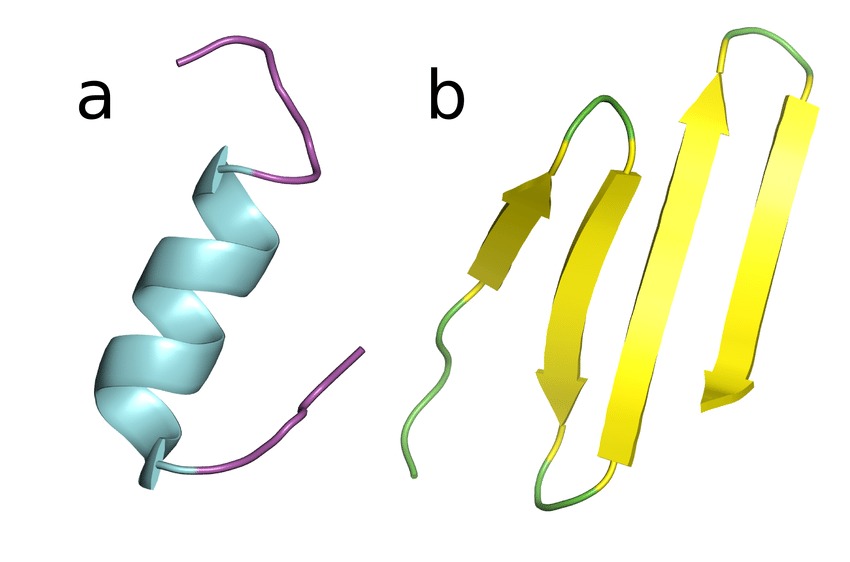All You Need to Know About Antimicrobial Peptides

Peptides, often regarded as the unsung heroes in the molecular aspect of life, play pivotal roles in various physiological processes. While peptides cover a broad spectrum of functions, one intriguing and relatively rare subset stands out – Antimicrobial Peptides (AMPs). In this article, we delve into the fascinating world of AMPs, nature’s hidden warriors, and unravel their unique attributes and potential applications.
Antimicrobial Peptides are natural components of the immune system, acting as frontline soldiers in the ongoing battle against pathogens. Unlike conventional antibiotics, AMPs possess a remarkable ability to combat a wide range of microorganisms, including bacteria, viruses, fungi, and even cancer cells.
Diversity and Versatility
One of the distinguishing features of AMPs is their diversity. Nature has sculpted an extensive repertoire of these peptides, each with distinct sequences and structures. This diversity contributes to their versatility, allowing AMPs to adapt and respond to evolving microbial threats.
Structure and Function

Antimicrobial Peptides exhibit a rich variety of structures, from α-helices and β-sheets to more unconventional configurations. This structural diversity underpins their ability to interact with microbial membranes, disrupting integrity and leading to the demise of the invader. Moreover, AMPs can penetrate cell walls, targeting internal components and thwarting the microbe’s survival mechanisms.
The evolutionary journey of AMPs reveals a captivating narrative. As organisms adapted to diverse environments, the need for an efficient defense mechanism against pathogens intensified. Consequently, AMPs emerged as evolutionarily conserved tools, finely tuned by nature to counter microbial threats across species.
Antibiotic Crisis and AMPs
The escalating global crisis of antibiotic resistance has propelled AMPs into the spotlight as potential alternatives. Their unique mechanism of action, which differs from traditional antibiotics, makes it challenging for microbes to develop resistance. AMPs, therefore, offer a promising avenue to address the urgent need for novel antimicrobial agents. In case you are looking to buy peptides for research purposes be sure to make your purchase from an authentic provider.
Anticancer Warriors
Beyond their role in infectious diseases, AMPs showcase promising anti-cancer properties. Their ability to selectively target and destroy cancer cells, while sparing healthy tissues, positions them as potential candidates for innovative cancer therapies. Researchers are exploring the therapeutic potential of AMPs in the field of oncology, opening new frontiers in cancer treatment.
Challenges and Future Horizons

Despite their immense potential, the clinical translation of AMPs faces challenges. Issues related to stability, toxicity, and manufacturing processes need to be addressed to harness their full therapeutic benefits. Researchers are actively engaged in overcoming these hurdles, striving to unlock the true potential of AMPs.
The field of bioengineering holds the key to refining and enhancing AMPs for therapeutic applications. Tailoring peptides to optimize stability, specificity, and delivery mechanisms opens avenues for personalized medicine. As we navigate the future, bioengineered AMPs may revolutionize the landscape of infectious disease and cancer treatment. Lotilabs is the most trusted name when it comes to buying peptides.
Conclusion
Antimicrobial Peptides captivate scientists and medical researchers alike. Their structural elegance, functional diversity, and therapeutic potential paint a vivid picture of a promising frontier in medicine. As we unravel the mysteries of AMPs, we stand on the brink of a new era where these peptides could redefine the way we combat infections and confront cancer, ushering in a medical revolution guided by nature’s hidden warriors.




